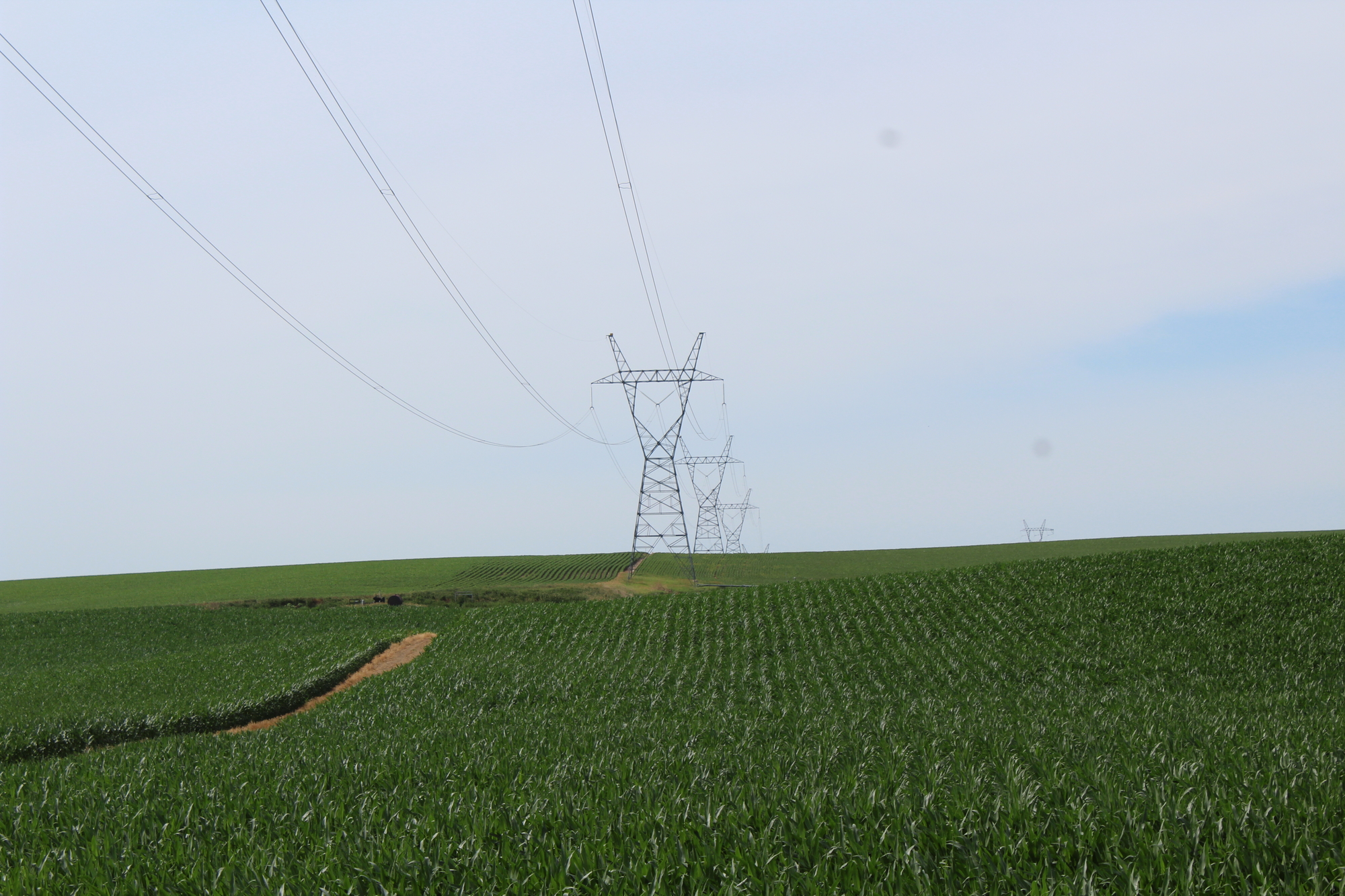We’ve expressed our concerns over the announcement of the preferred easement for the proposed VNI-West transmission line, again highlighting Victoria’s failure to adequately plan the state’s transition to renewable energy.
VFF President Emma Germano said the VFF believes the approach taken so far has involved inadequate consultation with affected communities and a disregard for the impact on strategic agricultural land.
“From the very outset of this process, we’ve witnessed a reality that steamrolls over the voices and rights of those in farming communities set to be impacted.”
“Farmers have been asking completely reasonable questions about how this infrastructure will impact their production, safety and how they will be compensated for their losses. So many of these questions remained unanswered, yet Victoria is ploughing on through with this transmission line.”
“VNI-West will traverse over some of the state’s most important agricultural land. These are areas of strategic significance for Victoria’s economy, yet this has never been factored into the planning of the line,” Ms Germano said.
The proposed VNI-West transmission line would cut through prime farmland identified by the VFF as critical to Victoria’s agricultural industry. As part of its submission to the Victorian Transmission Plan, the VFF mapped out and emphasised the importance of safeguarding specific areas from renewable energy zones and transmission infrastructure.
“Unfortunately, despite this work, we understand that both the VNI-West project and the Western Renewables Link will not be covered by the government’s new transmission plan.”
“The VFF is calling on the Victorian Government to pause both projects immediately. It’s vital that these projects are re-evaluated under the guidance of the Victorian Government’s transmission planning, rather than simply pushed through by the Australian Energy Market Operator.”
“This is a matter of safeguarding our food security and supporting a balanced approach to renewable energy expansion.”
“The VFF will continue to stand with farming communities and advocate for a responsible, well-planned approach to renewable energy that respects Victorian agriculture’s contribution to the state’s economic stability,” Ms Germano said.
